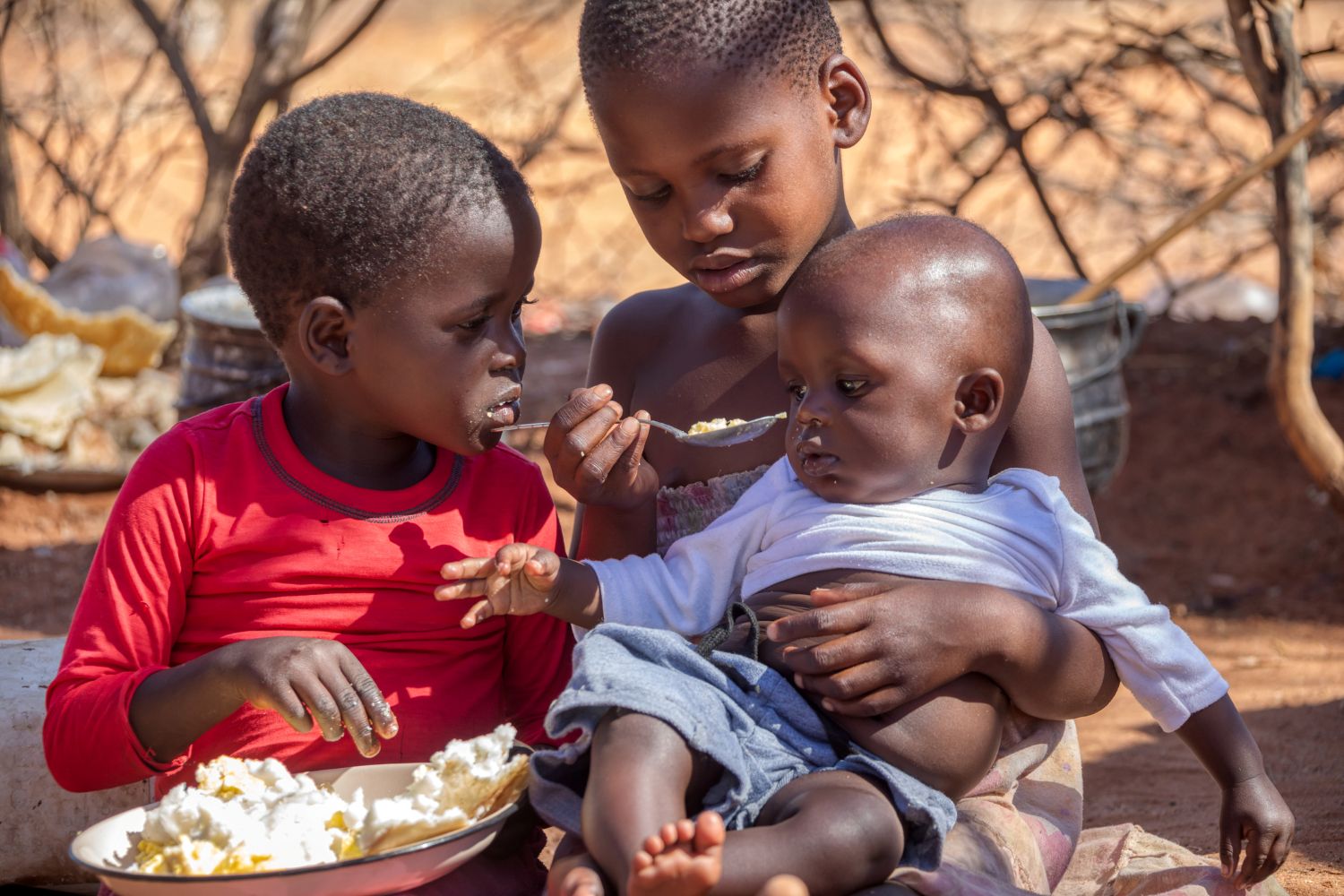A 2% increase in VAT would hit poor people the hardest, although the undelivered budget speech added some foods to the zero-rated basket.
The decision to announce in Budget 2025 that VAT will be increased by 2% was clearly not made by someone who knows what it is to be hungry, as the VAT concessions, such as zero-rating meat, will not put more food on the plates of poor and low-income consumers.
Mervyn Abrahams, programme coordinator at the Pietermaritzburg Economic Justice and Dignity Group, says there is no way the 2% increase in VAT or the concessions will protect the most vulnerable citizens in the country. Last year 25 million people in South Africa lived under the poverty line.
The group compiles a monthly household food basket from prices working with women from low-income communities who track the prices of 44 basic food items for the Household Affordability Index at 47 supermarkets and 32 butcheries in areas where they shop.
Abrahams says while the group understands that the country needs extra revenue to make up for the budget deficit, the fact is that it will affect everything sold in South Africa. Although the Budget 2025 speech that the minister of finance would have delivered included expanding the zero-rated basket, it only added more food items.
ALSO READ: Budget speech: Why Godongwana wanted a VAT increase of 2%
Budget speech: More zero-rated food, but no concessions for other expenses
These food items are tinned vegetables, dairy liquid blends and a variety of meat products from sheep, poultry, goat and swine.
However, Abrahams points out that there were no concessions for other items and services poor people must pay for, such as electricity, shoes and transport that they need to survive. “Instead of helping the poor, this VAT increase would simply continue intergenerational poverty.”
To illustrate how the VAT increase would affect poor people, Abrahams uses the average price for the household food basket in January that contained 22 food items that are VAT-exempt and 22 that are not.
In January, the VAT on the basket was R331.02. With a 2% increase, it would have been R44.14 more, coming in at R375.16. Although R44.14 does not sound like a lot of money, for poor people, it is, as it could pay for another 10 kg of maize meal.
Compared to the increase in the Child Care Grant of R50, this means that poor people only get R4.36 from the concession. Abrahams says it only means less VAT but not that food will become more affordable.
ALSO READ: Fight for VAT-free chicken continues
Difference VAT makes in the household food basket
In the January food basket, the prices of the VAT-exempt foods increased by 2.6%, while the prices of the VAT-rated food items only increased by 1.2%. “The fact that you pay no tax on a food item does not mean it is affordable. The question is about affordability, not how much tax you pay,” Abrahams says.
“We do welcome the expansion of the VAT-exempt basket. However, some of the food items in the zero-rated food basket are not exactly the items that poor people always buy. Poor people already stopped buying red meat long ago because it is too expensive.
“The inclusion of chicken is good, as this will go a long way to help poor people afford some protein. However, I am surprised that peanut butter is not included because it is a good source of protein that mothers use for school lunches.
“In addition, I also wonder why baby formula was not considered, as many poor mothers have to supplement feeding their babies when they have to return to work. These decisions are not in keeping with the reality on the ground.”
ALSO READ: Poverty line shift: This is how much SA’s poor need to survive in 2024
Poor people will carry burden of VAT increase
Abrahams says he does not believe that increasing VAT and adding food items will protect poor people as they will pay the same for everything as wealthy people do. “As a percentage of expenditure poor people will carry the burden, not wealthy people.
“We appeal to the minister to consider other measures, such as allowing Sars [South African Revenue Service] to close more loopholes and cutting expenditure. However, government must be careful not to cut expenditure that would deepen inequality, such as cutting funds for school lunches.
“Rather cut expenditure for politicians or increase corporate tax. Corporate tax was cut a few years ago to stimulate job creation, but it did not create more jobs. I think it is time to consider increasing corporate tax again. Corporates must pay their fair share,” Abrahams says.
